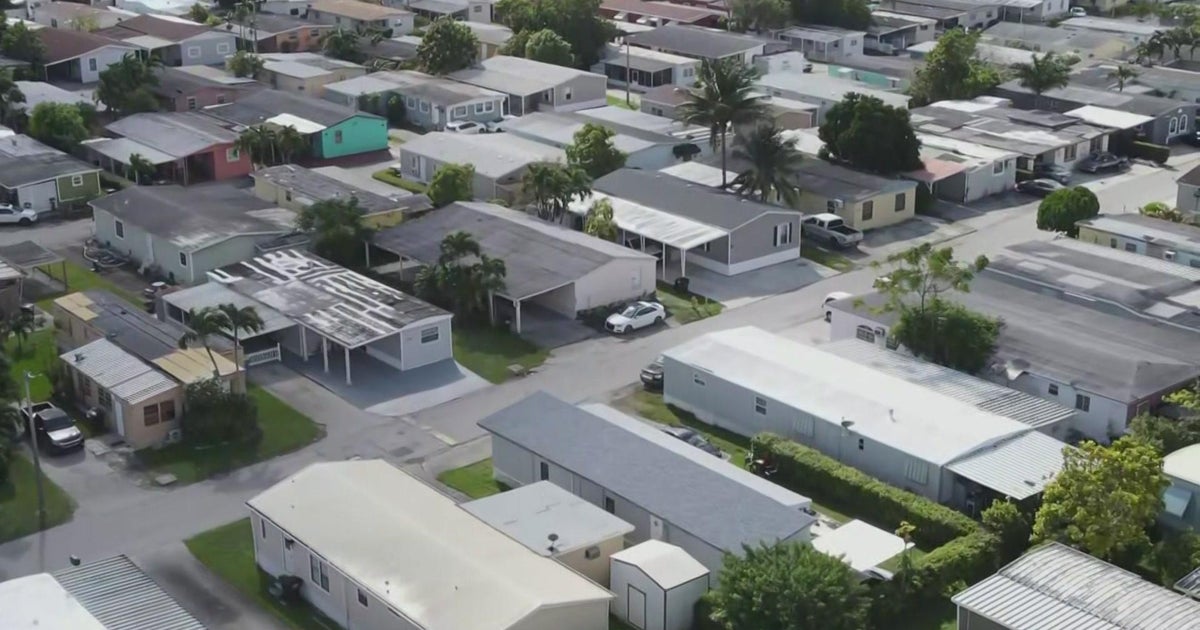South Florida medical field leaders and educators form advisory council to deal with anticipated nursing shortage
MIAMI – Leaders and educators in the medical field came together Wednesday to form a new advisory council called the Keiser Nursing Advisory Council to help with the anticipated statewide shortage in nurses. That shortage, leaders say, is projected to be close to 60,000 nurses by 2035.
Florida Hospital Association said there are not enough nurses now and that will continue into the next decade.
"Let's face it – who is going to take care of us? Who is going to take care of us?" said Florida Rep. Marie Woodson, who represents District 101.
More than two years after the COVID-19 pandemic, not only are nurses burnt out, but many wanting to leave a field that is already short staffed.
"a third of current nurses say their likely to leave their profession by the conclusion of this year," said Belinda Keiser, vice chancellor at Keiser University.
Contributing to that shortage, one nurse Javier Araque said, is the option to become a traveling nurse. The main reason: Money.
"You know if we can do the same job and I can make X amount times more than you, why wouldn't I do that? I have a family to provide for," said Javier Araque, a traveling nurse.
Florida Hospital Association and Safety Net Hospital Alliance of Florida states that they're expecting a shortfall of 59,100 nurses by 2035.
That's a 12% decrease in RNs and 30% decrease in LPNs.
Araque said it was a no brainer to switch from permanent to traveling nurse when they're making 2.5 to 4 times more.
"If you have the experience and you have the opportunity, why wouldn't you? It just doesn't make sense not to," said Araque.
He continues to say they can prevent people from leaving by paying permanent staff a higher salary.
Gino Santorio, the president and CEO of Mount Sinai Medical Center, said travel nurses do make more money; but that is normal when working per diem and without benefits.
He said when they do hire travel nurses, they hire from out of state to not compete with local nurses.
"We do see people leaving for traveling opportunities. That's come down a little bit in recent months, we see people leaving for outpatient or work from home opportunities," said Santorio.
"It's a bittersweet feeling because you really become family with your floor and the people that you work with and in the trenches every day," said Araque. "But at the end of the day, everybody has responsibilities, and everyone has bills."




